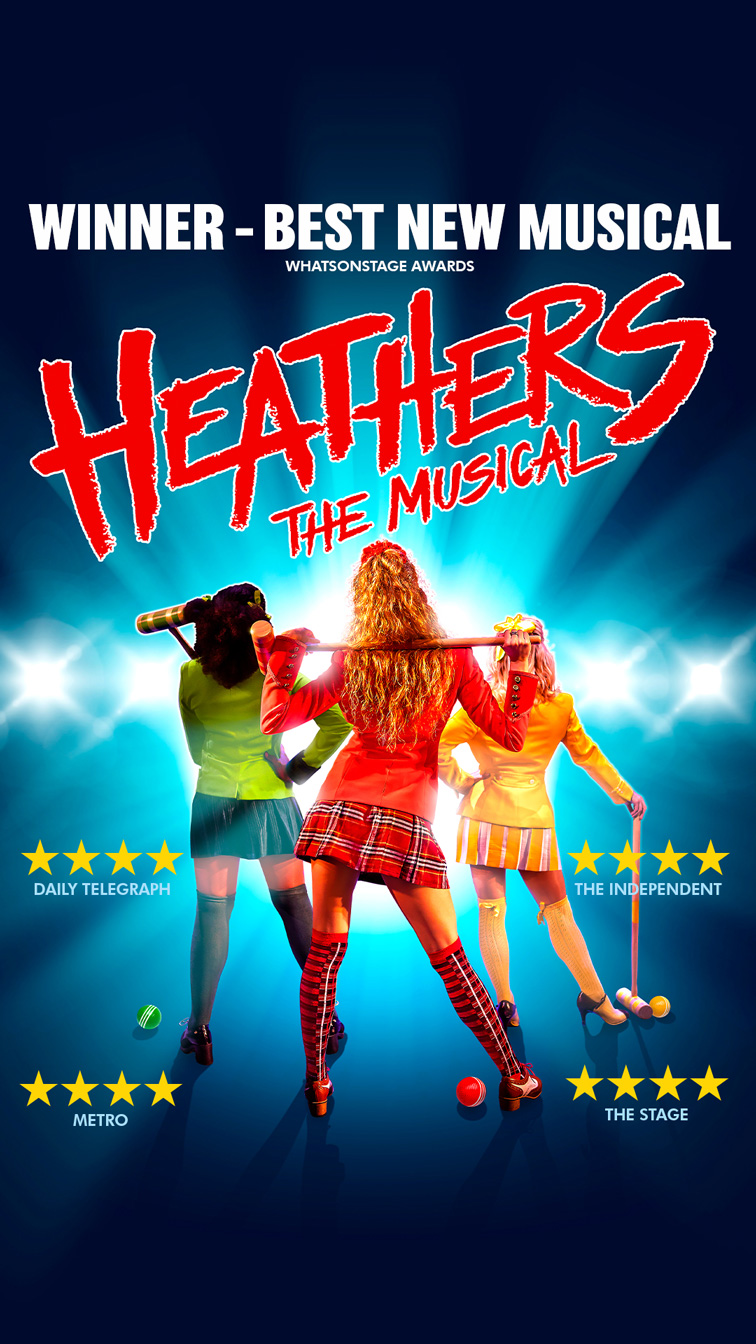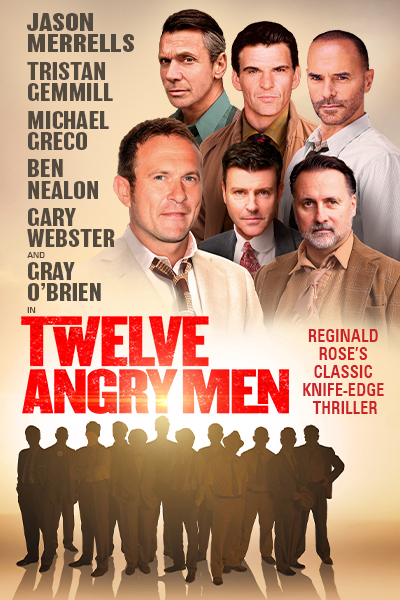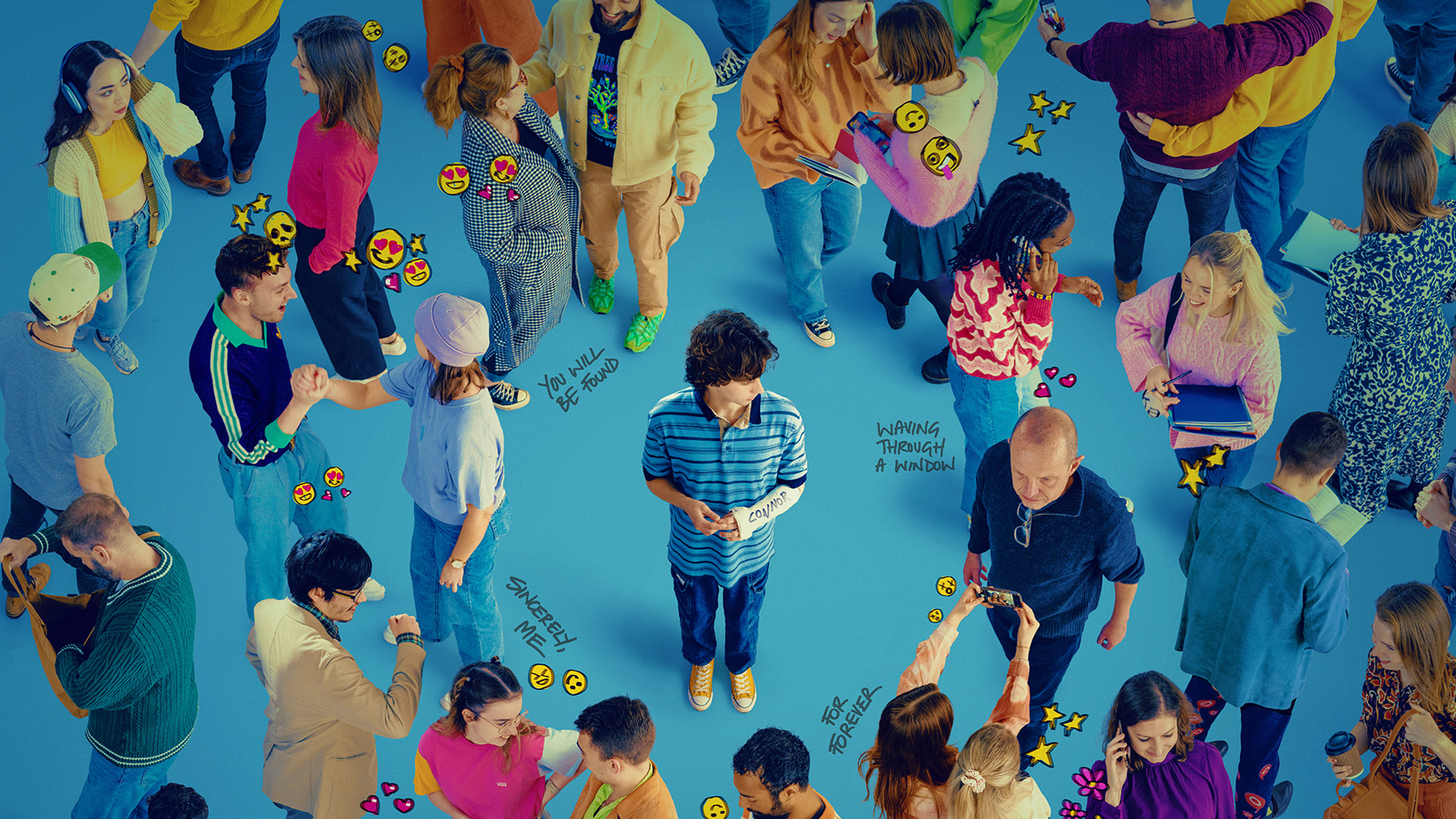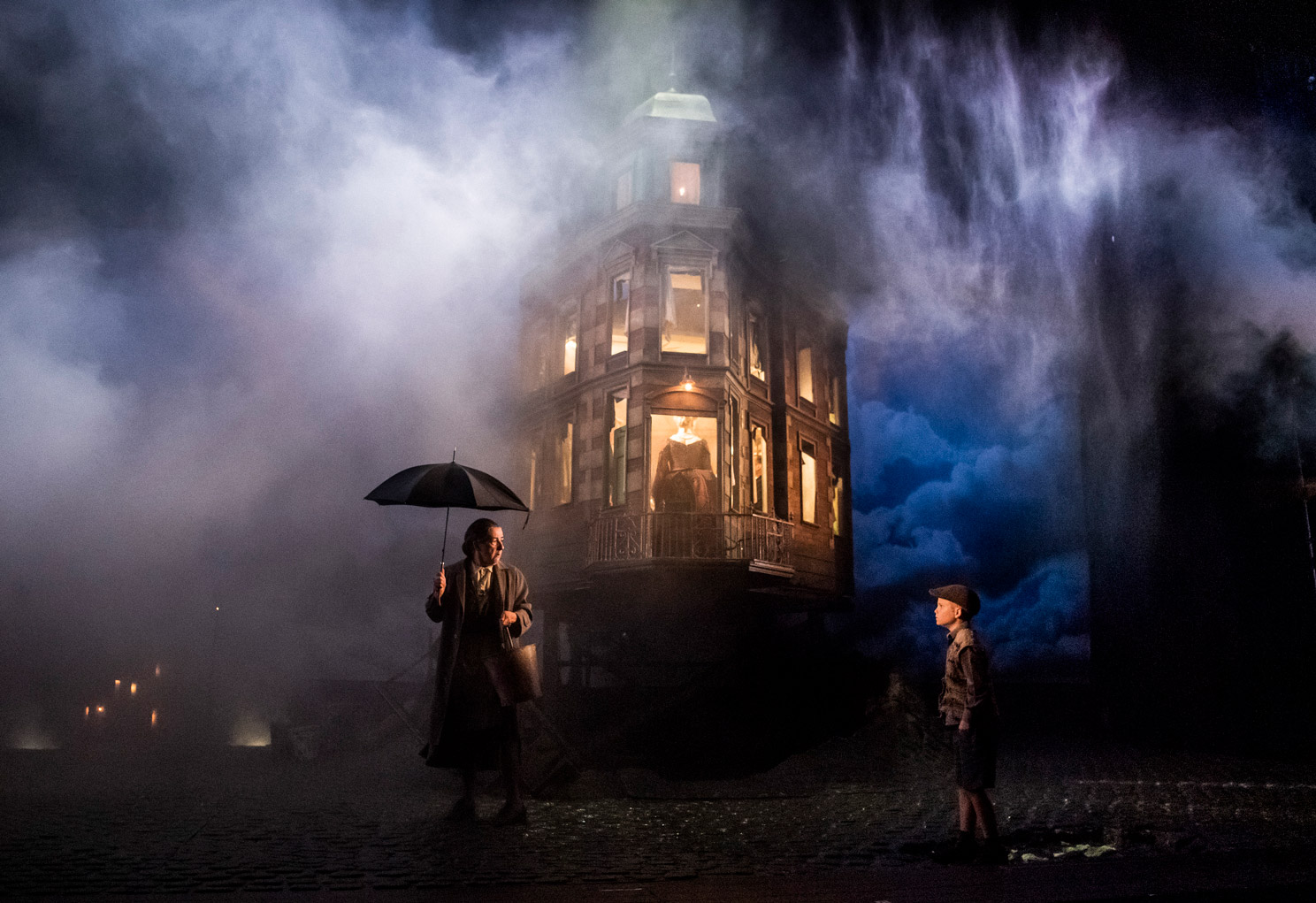
Why Shakespeare Is Important
8 min read
Share
Why Shakespeare is important? Here are six reasons why he remains an icon hundreds of years after his death.
William Shakespeare is the UK’s greatest cultural icon, according to the results of an international survey marking the 450th anniversary of his birth.
Over five thousand young adults from across the globe were asked to name a person they associated with contemporary UK arts and culture. Shakespeare was the most popular response, with an overall score of 14%. A result coming from research for the British Council.
Our very own Queen and Football icon David Beckham came second and third respectively. Others included The Beatles, Paul McCartney, JK Rowling, Adele, and Elton John.
Why Shakespeare’s Important?
We all quote Shakespeare and don’t even know it!
Shakespeare’s influence on the English language is renowned to many academics. However, for everyone else they might not be too sure? Well how about this for instance, if you search the UK Oxford English Dictionary (a definitive record of the English language) — Shakespeare is often identified as the ‘singular user’ or ‘first user’ of a word or phrase. Well, according to the guide’s chapter on “Shakespeare and the OED” by author Charlotte Brewer.
She wrote “The more of Shakespeare’s words you look up, the more you discover that, time after time, according to the Oxford English Dictionary, he turns out to have used language in wholly individual ways or [more often] to have originated usages that subsequently became established in the language,”.
Have you ever said “It’s Greek to me,” suffered from “green-eyed jealousy,” “stood on ceremony,” been “tongue-tied,” “hoodwinked” or “in a pickle,” yes?, then you’re quoting Shakespeare.
The Bard’s GALATIC
Few of us know Uranus has 27 moons (we didn’t!), most of which are named Shakespearean characters, and we kid you not! Titania, Oberon, and Puck – A Midsummer Night’s Dream; Ariel, Miranda, Caliban, Sycorax, Prospero, Setebos, Stephano, Trinculo, Francisco, and Ferdinand – The Tempest; Cordelia – King Lear; Ophelia – Hamlet; Bianca – The Taming of the Shrew; Cressida – Troilus and Cressida; Desdemona – Othello; Juliet and Mab – Romeo and Juliet; Portia – The Merchant of Venice; Rosalind – As You Like It; Margaret – Much Ado About Nothing; Perdita – The Winter’s Tale ; and Cupid – Timon of Athens. And the two remaining moons? Umbriel and Belinda, named for characters in Alexander Pope’s The Rape of the Lock.
Conspiracy Theory
Can you believe some people don’t actually Shakespeare wrote the plays and poems that bear his name.
The great Shakespeare controversy in the 1850s (200 years after his death) when an American writer Delia Bacon and William Henry Smith a British bookseller both published arguments on the matter. They believed plays credited to the great Shakespeare could have been written by philosopher Francis Bacon and poet Walter Raleigh and were more likely writers of Romeo and Juliet and others.
In the next century, can you believe a further 50 writers were proposed – we think that says it all.
“Authorship Controversy” a chapter in The Cambridge Guide written by David Kathman, is confident that Shakespeare’s works are his own. And we couldn’t agree more!
Shakespeare The Brand
Jacob Tonson a publisher (1710) created a trend, adopting Shakespeare’s likeness as his ‘corporate logo’, using Shakespeare’s image on his sign above his bookshop, in print adverts and on editions of works that he distributed. Shakespeare’s brand since then has not weakened. His image, outline and works have sold everything from soaps, chocolate, cigarettes, computers, beer, soda and much more.
Why Shakespeare’s important?
Shakespeare Who Is He
Shakespeare’s image has been reproduced time and again, we all know it don’t we? Well no! We don’t actually know what he looks like the printed portraits that accompanied his work don’t date back to his actual lifetime. The engraving by Martin Droeshout (1623) is what most people are familiar with and can be found on the title page of the first edition of Shakespeare’s collected plays ‘First Folio’.
It is believed that the editors of the ‘First Folio’ were close friends and colleagues of the Shakespeare’s. ‘Likenesses: Prints and Portraits,’ by Erin C. Blake said that they knew what he looked like and would not have accepted a portrait that differed wildly from the man they remembered.
Hilarious, Pithy
Shakespeare was masterful at instilling his stories and characters with qualities that audiences and readers can identify with. Think of Hamlet’s anguish, Ophelia’s distress, the enduring love between Romeo and Juliet.
“His characters… are the genuine progeny of common humanity, such as the world will always supply, and observation will always find.” The Plays of Shakespeare (1765), Samuel Johnson.
Blackpool Grand
Take a look at what’s on at Blackpool Grand Theatre this Autumn / Winter 20/21
Blackpool Grand set out a COVID-Community Communication Programme (CCCP) during the Coronavirus pandemic. Our aims were simple, to CONNECT, COMFORT and UPLIFT. We would Connect people by offering tutorials on communication tools like Zoom and conduct community face-to-face meetings (book readings, youth groups and more). Comfort through stories of heritage, memories and storytelling, and to Uplift visitors spirits through laughter and exercise. Please do enjoy and if you can afford to donate please do.
The information in this story is accurate as of the publication date. While we are attempting to keep our content as up-to-date as possible, the situation surrounding the coronavirus pandemic continues to develop rapidly, so it’s possible that some information and recommendations may have changed since publishing. For any concerns and latest advice around COVID-19, visit the World Health Organisation. If you’re in the UK, the National Health Service can also provide useful information and support, while US users can contact the Center for Disease Control and Prevention.























